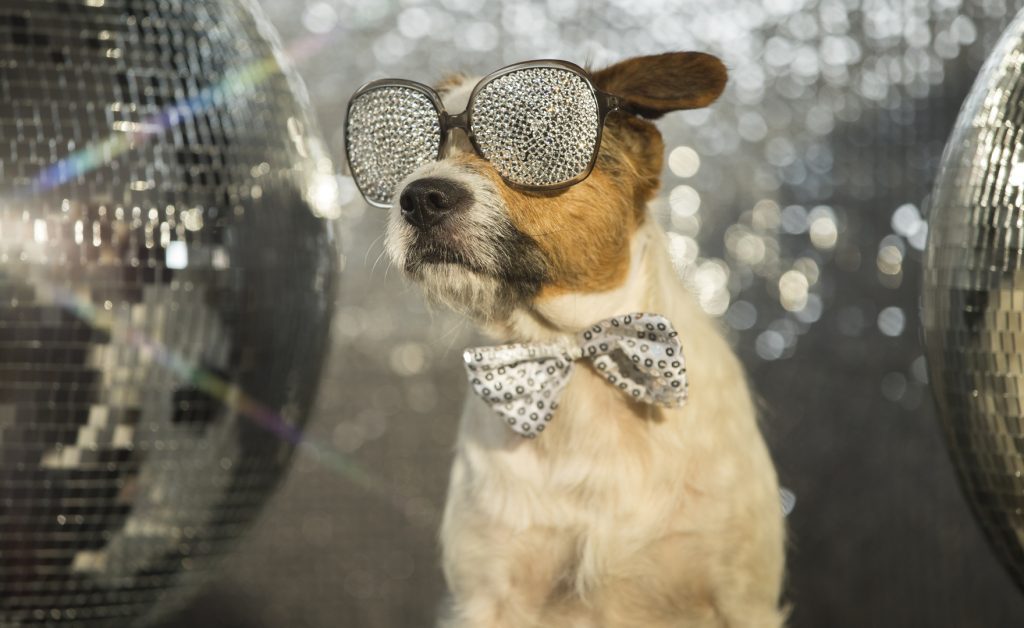
Not everyone drinks to the point of a hangover.
Not everyone drinks period.
But I’m guessing that, on both counts, you do. (That’s why you’re here, right?) So the real question comes down to: Are you reading this in preparation or escape?
Because let’s face it: There is no escape. When you’re hungover, you’re hungover.
While there are certainly ways to alleviate a hangover (SPOILER ALERT: nootropics are one of them), and while there are certain freaks of nature that don’t often get hangovers, the only way for most people to reliably eliminate a hangover is to abstain from partying altogether.
And we’ve already determined that you’re not the abstaining type. So let’s see what we can do instead to make it all better.
Page Contents
Partying Without Protection

The best parties happen unplanned.
And the even better than best parties happen when you actively plan against them, on those nights when you aggressively resist “going out,” only to give in at the last second. Suddenly, you have to drink as much as you can as fast as you can to catch up with everyone else, only to drink more at the bar and at the next bar and the next. Your last memory ending with you laughing with yourself in front of the bathroom mirror and then… complete and utter blackness.
A blackness that lightens up to a morning (or noon) of the Worst Hangover of Your Life.
If you stuck with the original plan (i.e. not going out), you wouldn’t be in this position. Likewise, if you devised a plan of going out, then you could have prepared and protected yourself against the infamous hangover with a number of precautionary measures: Having a huge dinner. Drinking a huge water.
Taking a huge brain-and-liver healthy stack of nootropics.
Fortunately, if you find yourself in the midst of the Worst Hangover of Your Life, fear not: There are nootropics that can still be taken to make it not so bad. But before we dive into those, let’s take a look at what makes a hangover so damn bad.
The Hangover: Parts 1, 2, and 3
Generally speaking, there are 3 primary risk factors for contracting a hangover:
- Substance use – This is a no-brainer (no pun intended). Drinking booze is essentially the cause of a hangover, and is only exacerbated by the next two factors.
- Sleep deprivation – The severity of a hangover may greatly vary by sleep, although some research indicates that alcohol improves perceived sleep quality (however, another study found a negative correlation between heavy alcohol usage and sleep quality).
- Empty stomach – An empty stomach prior to ingesting alcohol (of course) speeds the body’s absorption of alcohol, blasting the brain and body with acute levels of excess ethanol.
Start drinking at 9 p.m., continue until 3 in the morning, filling your “empty stomach” with only more and more booze throughout the 6 hour partyfest, and there you go: You’ve made yourself a nice hangover.

While the causes of a hangover remain poorly understood, one theory pinpoints acetaldehyde as the culprit: Alcohol metabolizes in the liver to acetaldehyde, a compound more toxic than ethanol itself. The body is able to handle a mild amount of acetaldehyde (i.e. a few drinks) by breaking down the compound via acetaldehyde dehydrogenase and glutathione. However, when the acetaldehyde content becomes unmanageable (i.e. too many drinks are drunk), the ethanol metabolite runs amok on the body, inducing a number of not so fun symptoms:
- Headache
- Nausea
- Loss of Appetite
- Vomiting
- Vertigo
- Sweating
- Irritability
- Fatigue
- Farts
- Mudbutt
So on and so forth. You get the idea.
How Nootropics Help Hangovers
Or rather: How nootropics don’t help hangovers.
The biological approach would involve preventing acetaldehyde build-up, which can be accomplished through a couple ways:
- Don’t drink
- Take a couple experimental compounds listed below
These experimental compounds that I’m referencing (Metadoxine, Dihydromyricetin) I’ll explain in further detail in the next section, but for now I’ll leave a disclaimer here: These substances aren’t necessarily cognitive enhancing “nootropics.”
On that note, there aren’t many true cognitive enhancing nootropics that prevent or eliminate hangovers based on our limited understanding of the biological hangover. But there are nootropic substances that seem to alleviate the symptoms of the hangover, some potentially offering neuroprotection against the hangover if consumed prior to the party.
Without further ado, here they be:
Nootropics for Hangovers
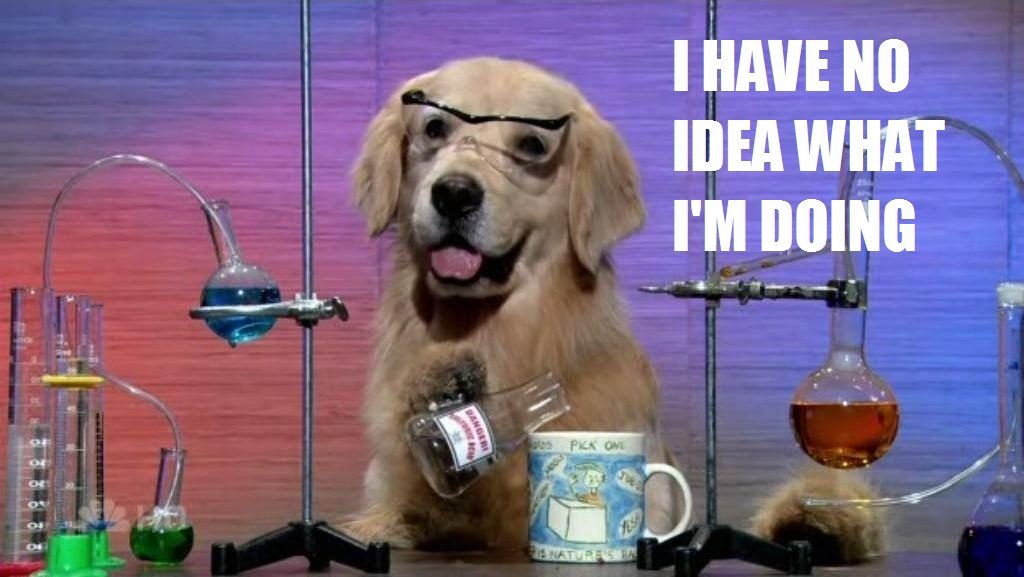
Listed are nootropics and other substances that may help ameliorate the hangover based on the following categories: Brain Cell Protection, Vitamin and Mineral Replenishment, and Brain Energy Support. By no means is this list comprehensive (don’t forget Pedialyte!), so if you feel I’ve missed any important items, please let me know in the comment section below.
But for now here are a few nootropics for hangovers. Enjoy, dogg.
Brain Cell Protection
Aniracetam or Oxiracetam
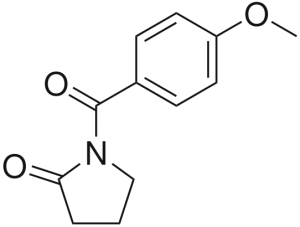
Piracetam may as well qualify, given that it has similar effect to aniracetam and oxiracetam and is backed by more research, yet I’m placing more trust in the latter two racetam compounds for having a more pronounced acute cognitive effect. Oxiracetam in particular has been demonstrated to possess neuroprotective qualities in traumatic brain injury (TBI) rat models by ameliorating neurotoxic conditions while enhancing cognitive functions related to memory and learning. While TBI and hangover is a definite false equivalency, the data does corroborate with the wealth of online anecdotes in support of racetams’ abilities to curb hangovers. More on Racetams.
Noopept
Speaking of anecdotal evidence, Noopept is one of the more popular recommendations on /r/Nootropic threads centered on the topic “nootropics and hangovers”–namely in its purported ability to curtail the negative effects of drinking from the get-go. One popular “hangover prevention protocol” stack that occasionally surfaces on reddit includes Noopept, the full ingredient roster:
- Noopept – 10 to 15 mg
- N-Acetyl-Cysteine (NAC) – 500 mg
- Milk Thistle – 500 mg
- B Vitamins
I don’t believe the stack entirely alleviates “feelings of drunkenness” as some users suggest, but may assist with the experience by Noopept’s cognitive support and NAC’s well-researched protection against ethanol toxicity (given cysteine’s role in acetaldehyde-eliminating glutathione). More on Noopept.
Citicoline or Alpha-GPC
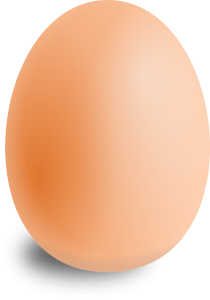
I’m erring on the side of citicoline for its two-part mix of choline and cytidine, a precursor compound to uridine. However, alpha-GPC is a completely viable nootropic choline source, delivering more choline per serving than citicoline. (Yet, missing out on that lovely cytidine.) You’ll want to supplement a choline donor while supplementing racetams or racetam-like Noopept for these nootropic drugs’ increased demand on neurotransmitter acetylcholine productivity.
Due to this increased demand, a common side effect of racetam usage is “brain burnout,” leading to headache and brain fog. Stacking citicoline or alpha-GPC with racetams seems to prevent this from occurring. More on Citicoline.
Metadoxine
Designed specifically for the treatment of acute and chronic alcoholism, Metadoxine (pyridoxol L-2-pyrrolidone-5-carboxylate) isn’t a true nootropic in that it doesn’t outright “enhance cognition,” but it may assist cognitive function in the case of a hangover due to its benefits on ethanol intoxication recovery. One double-blind, placebo-controlled, randomized study evaluated the effects of a single dose of 900 mg intravenous metadoxine on acute ethanol intoxication, the results finding: “metadoxine accelerated the elimination of ethanol from blood, which led to faster recovery from intoxication, and improved the behavioral toxic symptomatology.” Granted, IV-administered metadoxine is likely to have a greater effect than oral metadoxine–however, the results are still promising.
On the Rise: Dihydromyricetin
Ampelopsin, or Dihydromyricetin (DHM), is a flavanonol found in Ampelopsis plant species traditionally used to treat a number of ailments, including the infamous hangover. Lab extracted DHM has been the recent subject of novel anti-alcohol intoxication medication, demonstrating promising pharmacological properties against alcohol intoxication. DHM supplements are available, often advertised and sold as “hangover cure” products.
Vitamin and Mineral Replenishment
B Vitamins
Alcohol burns up B vitamins, especially vitamin B1 (thiamin), which is why frequent drinkers are often deficient in B vitamins–a deficiency state linked to a number of cognitive disorders: depression, fatigue, memory issues, etc. For the casual binge drinkers, this often manifests itself simply as a brain foggy headache, sometimes accompanied by mild decreases in mood and attention.
I find that leading and chasing a night of drinking with a complete B vitamin complex decreases my risk of a brain-numbing hangover the next morning. It’s not the ultimate cure-all, but it helps. More on B Vitamins.
Vitamin C
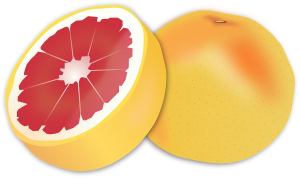
Vitamin C gets the spotlight for its purported antioxidant reduction of free radicals effected by MDMA and other psychedelic drugs–hence the grapefruits in Fear and Loathing in Las Vegas (although, grapefruits are believed to provide other intestinal metabolic benefits while psychedelicking). With regards to alcohol consumption, supplementing vitamin C helps by stimulating the liver to breakdown alcohol, making the organ more efficient and furnace-like in ridding excess ethanol from the body.
Magnesium and Zinc
Similar to B vitamins, magnesium and zinc levels are negatively affected by alcohol consumption due to the liquid’s inhibition of mineral absorption. Supplementing the minerals on an empty stomach* the following morning may help offset any Mg or Zn imbalance (*I say “empty stomach” to avoid absorption competition between the minerals), or supplement the minerals at separate times of the day.
This is a recommendation for both male and female drinkers, yet more so for males due to zinc’s key role in testosterone synthesis. High alcohol intake = low zinc = low T!
Brain Energy Support
L-Theanine + Caffeine
Obvious entry is obvious. The cliché nootropic stack: L-Theanine + Caffeine–essentially the compound duo that makes green tea so great for cognition. The latter (caffeine) stimulating mental focus and awareness, the former (L-theanine) smoothing out the caffeinated jitters while promoting relaxing alpha brain waves for enhanced free-flow thinking. If you’re likely to follow up a night of drinking with an intense morning of caffeine (as many are wont to do) to energize and restore your mental faculties, why not do it right with L-theanine? (Also, the caffeine catalyzes the natty splatty process, so be sure to drink plenty of water on this diuretic/diarrhea compound.) More on L-Theanine.
Rhodiola Rosea
This is one of my personal favorite hangover nootropics, used recently on a long weekend bender for a friend’s birthday, both in the mornings and prior to drinking. Rhodiola rosea is best known for its anti-fatigue bioproperties, and while they don’t technically translate to “enhanced energy,” the plant’s ability to revive the brain and body following intense stress, activity, impairment, etc.–in this case: heavy intoxication–makes it an effective, reliable “get-up-and-go” motivational tool. If that sounds bro-sciency, I’d urge you to try it for yourself before harassing me in the comment section. More on Rhodiola Rosea.
What about Creatine?
Creatine is commonly listed as a “hangover” supplement, particularly for its increased supply of body and brain energy (in the form of ATP). The theory: Chronic creatine supplementation creates an extra, stable supply of energy, sustaining brain energy after a night of drinking. The problem: Creatine increases water retention in the muscles, increasing your water intake needs. Alcohol, on the other hand, is a diuretic, so if you’re taking the creatine route to curbing hangovers, be sure to drink plenty of H2O to avoid dehydration and muscle cramps.
Best Nootropic Supplements for Hangovers
Often when someone concocts a “hangover cure” for you, they blend together several items in their nasty-ass, ineffective, snake oily solution. The same holds for a quality nootropic stack for hangovers — minus the “ineffective” and “snake oil” comments. With that in mind, here are just a few of the best nootropic supplements for hangovers; the operative word being “nootropic”. So, this discounts non-nootropic items strictly intended for hangover recovery. On that note, let’s get on with the nootropics, baby.
Performance Lab Energy
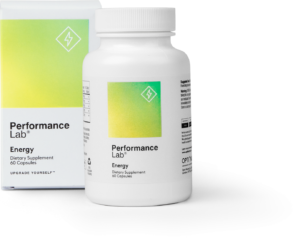 If you’re looking for both brain cell protection and brain energy support, look no further than Performance Lab Energy — the nootropic brain booster stack that enhances natural energy production via natural antioxidant neuroprotection. Specifically, natural mitochondrial antioxidant neuroprotection.
If you’re looking for both brain cell protection and brain energy support, look no further than Performance Lab Energy — the nootropic brain booster stack that enhances natural energy production via natural antioxidant neuroprotection. Specifically, natural mitochondrial antioxidant neuroprotection.
How does that work? Well, let me tell you: Performance Lab Mind concocts a smart stack of premium antioxidants and nootropics that individually enhance mitochondrial energy production via separate bio-pathways. As a result, Performance Lab Mind creates unique ATP energy synergy while also offering significant brain cell protection against neurotoxins and free radical damage.
While Performance Lab Energy won’t solve any of your issues in a single serving, supplementing this bad boy daily may elevate your energy and antioxidant standards to better withstand the occasional party nights.
Want some? Get the best deal on Performance Lab Energy here.
Read my in-depth review on Performance Lab Energy.
Mind Lab Pro
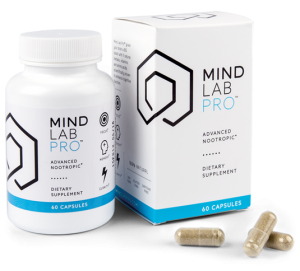 What’s cool about Mind Lab Pro is that you may take it pre-drinking or post-drinking (as in before sleeping or upon first waking), and its benefits are still felt. Personal experience has found that two pills of this stuff prior to drinking helps ameliorate hangover symptoms the following morning — which I’ve attributed to Mind Lab Pro’s L-theanine content.
What’s cool about Mind Lab Pro is that you may take it pre-drinking or post-drinking (as in before sleeping or upon first waking), and its benefits are still felt. Personal experience has found that two pills of this stuff prior to drinking helps ameliorate hangover symptoms the following morning — which I’ve attributed to Mind Lab Pro’s L-theanine content.
However, Mind Lab Pro also supplies anti-stress L-tyrosine and Rhodiola rosea, both of which protect cognitive clarity and mental performance against bodily stress and sleep deprivation. Taken the following the morning, these nootropics may help freshen the hungover mind, helping you make it to that morning meeting that you just remembered.
So, your choice: Mind Lab Pro before or after drinking. (Or both!) Either way, this stuff helps.
Want some? Get the best deal on Mind Lab Pro here.
Read my in-depth review on Mind Lab Pro.
Conclusion: Don’t Forget the Liver
While the brain is important and all, there’s also the liver to consider when party-rocking. In addition to the nootropics listed above, here are a few ingredients that may assist the liver in your hangover prevention protocol:
- Milk Thistle – Commonly taken by bodybuilders to protect the liver against rapid shifts in hormones, Milk Thistle possesses antioxidant, anti-inflammatory silymarin that may help the liver regenerate under damaged conditions.
- TUDCA – Or tauroursodeoxycholic acid, a water soluble bile acid that may counteract the toxicity of excess bile buildup. (Be sure to supplement after drinking as pre-loading TUDCA prior to drink may actually harm the liver.)
Other liver support substances already mentioned: B vitamins, cysteine, metadoxine, and DHM.
Oh! and drink lots and lots of water. When you’re hungover, water is good for the brain, body, liver… Just… water is good when you’re hungover.
In case you didn’t know that.
For more on the subject of nootropics that benefit both brain and body, check out my Best Nootropic Supplements to Buy in 2020 list. And be sure to comment any thoughts, questions, personal anecdotes, haikus, snafus, etc. down below!
